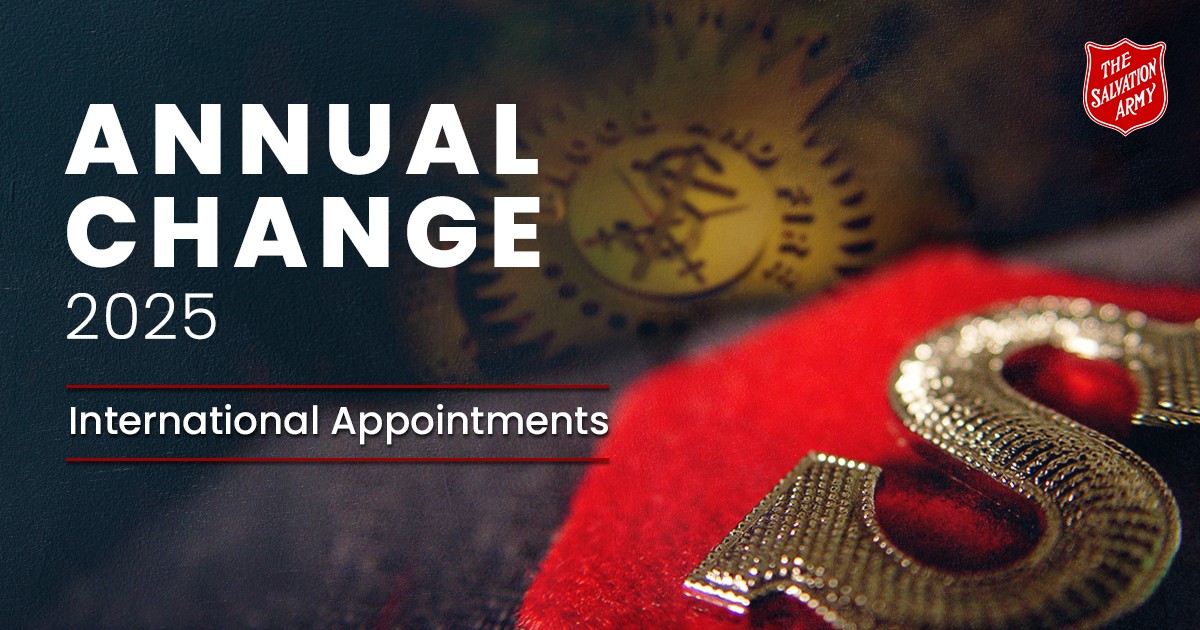 I've been working through the Gospel of Luke as part of my Lenten discipline this year, and when I read Luke 17:20-37, I had no idea what in the world was going on. Every once in a while I stumble over a passage in Scripture that's really confusing. And if I'm busy, which unfortunately is too much of the time, I make an empty promise that I'll go back to the passage and try and figure out what is being said. Sometimes I read a passage and it doesn't line up with a theology of grace, forgiveness and redemption that I'm comfortable with. I assume that I must be misreading what Jesus is actually saying. Surely he couldn't possibly be saying such judgemental things. However, as reading through Luke is part of my Lenten commitment, I took some time to dig a little deeper.
I've been working through the Gospel of Luke as part of my Lenten discipline this year, and when I read Luke 17:20-37, I had no idea what in the world was going on. Every once in a while I stumble over a passage in Scripture that's really confusing. And if I'm busy, which unfortunately is too much of the time, I make an empty promise that I'll go back to the passage and try and figure out what is being said. Sometimes I read a passage and it doesn't line up with a theology of grace, forgiveness and redemption that I'm comfortable with. I assume that I must be misreading what Jesus is actually saying. Surely he couldn't possibly be saying such judgemental things. However, as reading through Luke is part of my Lenten commitment, I took some time to dig a little deeper.
From Luke Chapter 8 onward, Jesus is on the march toward Jerusalem with his rag-tag group of followers─the Disciples are becoming more and more confused, but continue to follow Jesus as they believe in their hearts that he is the Messiah, even if they have no clue as to what that means. Along the way, Jesus has one confrontation after the other with the different authorities of the day. He is constantly battling the Israelites (via the Pharisees), Caesar, Herod or Pilate, and receives many warnings about continuing. The Pharisees are building a case against Jesus by tempting him and trying to trap him in his interpretation of the law. Pilot has a group of Galileans butchered in the temple. There is mounting opposition to this journey, with the danger of death and suffering front and centre, yet Jesus refuses to stop. He is on a mission; a journey towards Jerusalem, a journey towards his death, and nothing and no one can stop him.
As Jesus journeys, he not only refuses to pay attention to the warnings, he often says things that he knows will infuriate the political and religious leaders even further. He refers to himself as the “son of man,” which is a title only to be used for Caesar and is punishable by death when used by others. He refers to Herod as a “fox,” which is not a kind descriptor, and publicly states that Herod has no power over him. He also refuses to pay heed to Pilate's death threats.
The inevitable collision is looming. The tension is mounting and the threats are increasing. And in light of that, Jesus remains steadfast. He knows that time is short and that he has much to do.
And then we arrive at Luke 17. In very apocalyptic and confusing language, Jesus launches into his heaviest talk of the Kingdom yet.
I can see why there is a lot of speculation around the end times and the so-called rapture. It takes the wisdom and knowledge of a rocket scientist to try and decipher what he's trying to say. And, unfortunately, too many people have translated these kinds of passages on their own, in their own ignorance and stupidity, without trying to dig under the surface of this stuff. That's why we have to deal with the Left Behind books and movies, and the Jack Van Impe ministries that try to scare us every day by predicting the end times by pointing to “signs” in the world.
As you can tell, I carry a lot of baggage when it comes to this aspect of Christianity. Growing up in my little evangelical rural church, I participated in far too many Bible studies that focused on predicting the end times. I needed to identify as a “pre,” “post” or “mid” tribulation guy. I needed to label myself either a Calvinist or an Armenian/Wesleyan. I took every opportunity I could to explain the four spiritual laws to anyone who would give me the time of day. I felt the urgency of getting them saved and freeing them from the confines of this evil planet. And until very recently, I believed that Heaven was a slice of pie in the sky and that the earth and all that was in it was doomed for destruction and decay. I believed I would be one of the people who would get taken away at the time of the rapture into Heaven and eternal bliss so that the earth would be left void of anything good, and that evil would reign supreme on this planet. I had a nice, neatly packaged systematic theology that had no grey areas in it.
But that all changed when I started hanging out with people on the streets. It was there that I got my first real glimpse at what the Kingdom can and does look like. It was there that I got to rediscover Jesus in a tangible way. It was there that I learned the hard way that theology can't be done in a safe and sterile Petri-dish environment such as a church or a seminary. It was there that my world got turned upside down, or if you will, right side up.
So what is this passage saying? I still don't know. But I think it is hinting at a few things:
1. The kingdom is at hand. It is near. Jesus is the Kingdom and the Kingdom is Jesus. And it isn't some place in the sky that we'll go to later on after we die. It is here, now. And if we look close enough we might even get to touch it. I no longer want to be the one who gets snatched away. It seems as though that's the group that's in trouble. I want to be left behind on earth, where all things will be made right.
2. There is some urgency. Some of my knee jerk reaction to my past is to leave behind the evangelism piece of my faith. And while I'd certainly never do most of what I once did in terms of evangelism, it seems clear that I have a responsibility as a student follower of Christ to get the word out that Jesus is the kingdom, that he is near, he is here and he is coming. He has offered us forgiveness, salvation, redemption, but we do need to make a choice to hold on to that. And so does everyone else. Jesus isn't mincing his words in this passage about this. Time is short and we should always be ready.
3. Obedience to Jesus means standing against the tide, against the current, against the flow of our culture. To follow Jesus is to stand up for what is right and to continue the journey towards wholeness in the world, towards Jerusalem, no matter how strong or powerful the opposition might be. And if that means losing my life for it, so be it.
So, at the end of it all, I feel like one of the disciples following Jesus from Galilee to Jerusalem. I am following behind with his rag-tag group of disciples, getting more and more confused as time goes on, but continuing to believe in my heart that he was and is the Messiah.
The truth is that the blurrier my theology gets, the more in focus the Kingdom becomes.
 Dion Oxford, along with his wife, Erinn, and daughter, Cate, live in Toronto and are committed to journeying alongside people in the margins of society. Dion and Erinn have spent a combined 30 years working amongst folks who are living on the streets of Toronto. Dion is the director of Gateway, a Salvation Army shelter for men experiencing homelessness. He and his wife see the solution to homelessness as the church taking seriously the two great commandments of loving God and loving our neighbours. He likes to read, write, fly kites, cycle long distances, watch TV, play in his band and hang out with his friends.
Dion Oxford, along with his wife, Erinn, and daughter, Cate, live in Toronto and are committed to journeying alongside people in the margins of society. Dion and Erinn have spent a combined 30 years working amongst folks who are living on the streets of Toronto. Dion is the director of Gateway, a Salvation Army shelter for men experiencing homelessness. He and his wife see the solution to homelessness as the church taking seriously the two great commandments of loving God and loving our neighbours. He likes to read, write, fly kites, cycle long distances, watch TV, play in his band and hang out with his friends.









Leave a Comment